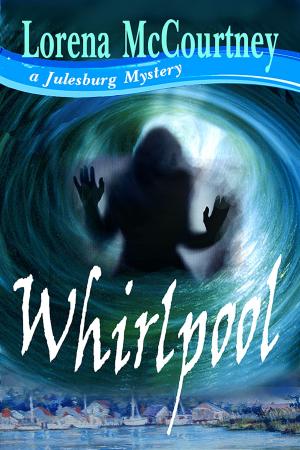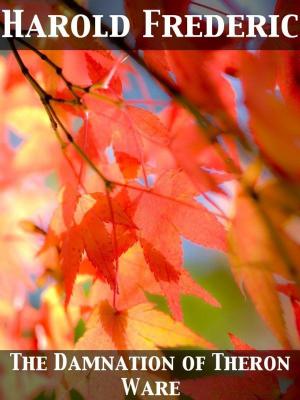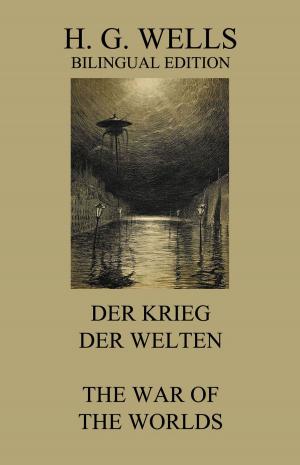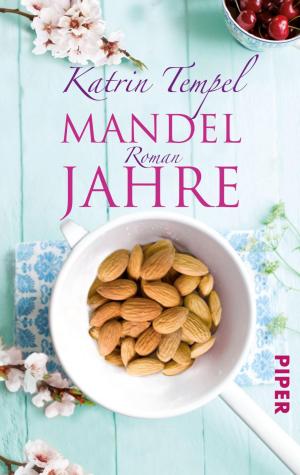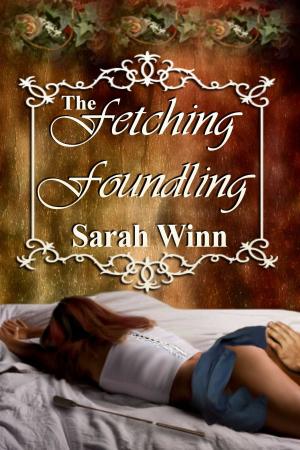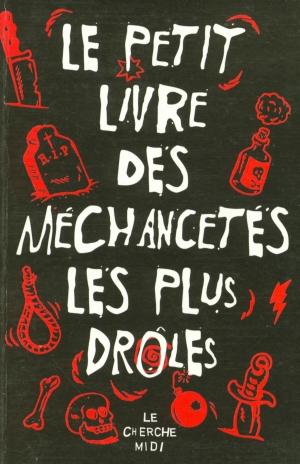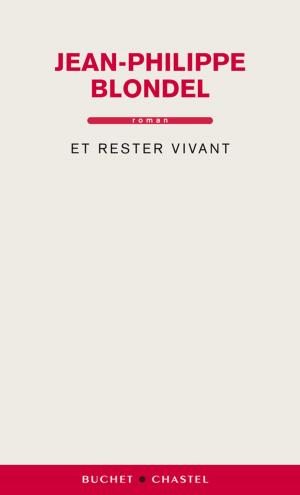Stories of Charlemagne (Illustrated)
And the twelve peers of france From the old romances
Nonfiction, History, France, Biography & Memoir, Historical, Fiction & Literature| Author: | Alfred j. Church | ISBN: | 1230000094298 |
| Publisher: | Bluehen | Publication: | December 31, 2012 |
| Imprint: | Language: | English |
| Author: | Alfred j. Church |
| ISBN: | 1230000094298 |
| Publisher: | Bluehen |
| Publication: | December 31, 2012 |
| Imprint: | |
| Language: | English |
The Charlemagne romances, as translated by Lord Berners and William Caxton, occupy twelve volumes in the Extra Series of the Early English Text Society. Some of these are variants of the same story. There is a romance of "Ferumbras," for instance, which gives substantially the same tale as that which occupies eleven chapters in this volume. "Huon of Bordeaux," again, fills four volumes in the Extra Series. But the original chanson is contained in one of the four and is complete in itself. This, too, I have considerably compressed and shortened. The same process has had to be applied to all before they could be made acceptable to the readers of to-day. I hope that they have not lost their life and colour and human interest.
The stories of which I have made use are "The Four Sons of Aymon" (I-XI); "Ralph the Collier" (XII-XIII), a genuinely English production, it would seem, as no French original has been found; "Fierabras," taken from the "Lyf of Charles the Grete" (XIV-XXIV); "The Song of Roland" (XXV-XXXV), and "Duke Huon of Bordeaux" (XXXVI-XL). This has been put last in order, as it represents Charlemagne grown old and weary of power. The death of the great King is only mentioned as imminent in the romance which I have followed; I have added an abridged account of it from the contemporary biography written by Eginhard. The story of Huon is peculiarly interesting to us because it introduces the fairy King Oberon, who was to become so important a figure in English literature.
I have to express my obligations to the Introduction, written by Mr. Sidney Lee to the first part of "Duke Huon of Bordeaux."
The Charlemagne romances, as translated by Lord Berners and William Caxton, occupy twelve volumes in the Extra Series of the Early English Text Society. Some of these are variants of the same story. There is a romance of "Ferumbras," for instance, which gives substantially the same tale as that which occupies eleven chapters in this volume. "Huon of Bordeaux," again, fills four volumes in the Extra Series. But the original chanson is contained in one of the four and is complete in itself. This, too, I have considerably compressed and shortened. The same process has had to be applied to all before they could be made acceptable to the readers of to-day. I hope that they have not lost their life and colour and human interest.
The stories of which I have made use are "The Four Sons of Aymon" (I-XI); "Ralph the Collier" (XII-XIII), a genuinely English production, it would seem, as no French original has been found; "Fierabras," taken from the "Lyf of Charles the Grete" (XIV-XXIV); "The Song of Roland" (XXV-XXXV), and "Duke Huon of Bordeaux" (XXXVI-XL). This has been put last in order, as it represents Charlemagne grown old and weary of power. The death of the great King is only mentioned as imminent in the romance which I have followed; I have added an abridged account of it from the contemporary biography written by Eginhard. The story of Huon is peculiarly interesting to us because it introduces the fairy King Oberon, who was to become so important a figure in English literature.
I have to express my obligations to the Introduction, written by Mr. Sidney Lee to the first part of "Duke Huon of Bordeaux."

